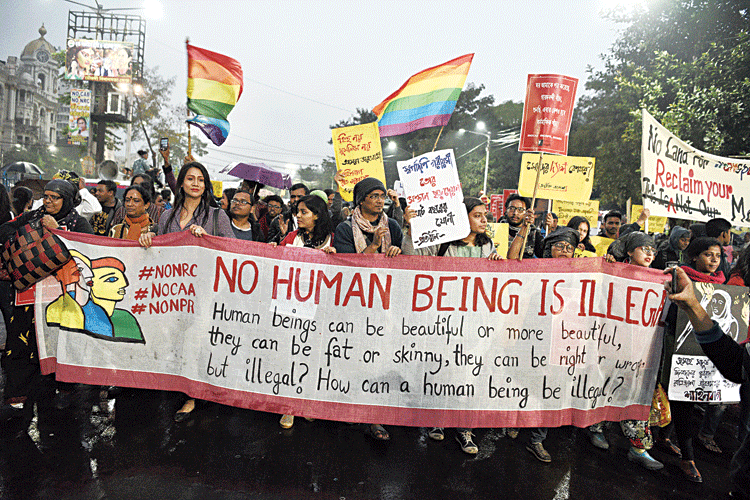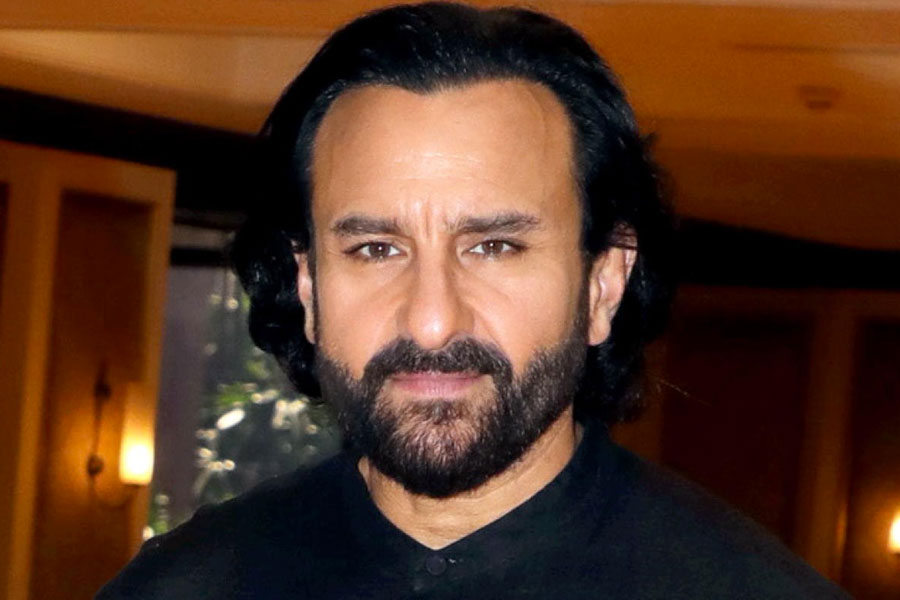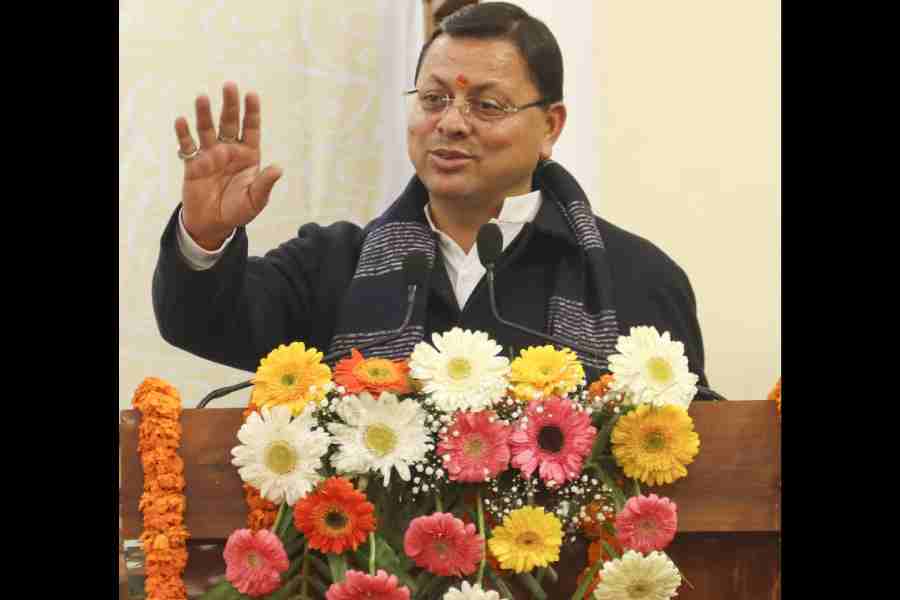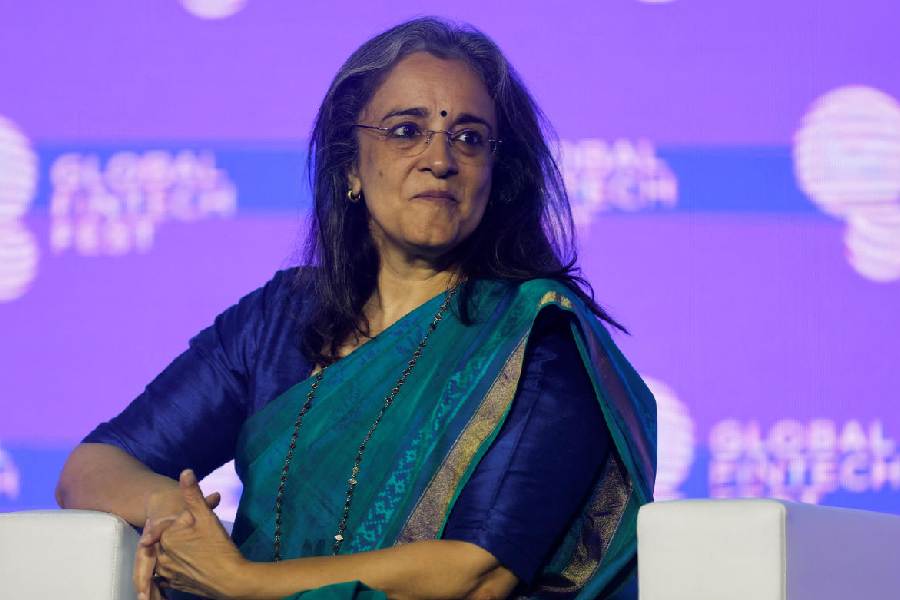India, the largest democracy in the world, fell 10 places on the Democracy Index 2019 to a global rank of 51. We now rank behind countries such as Malta, Botswana, Suriname and Jamaica.
The report cited “erosion of civil liberties in the country” as the primary cause of the drop in ranking. Out of 10, India’s overall score fell from 7.23 in 2018 to 6.9 in 2019.
The Democracy Index is released annually by the research firm The Economist Intelligence Unit (EIU) since 2006. EIU called the year 2019 as the “year of democratic setbacks and global protest”.
Two developments in India find specific mention – the abrogation of Article 370 in Kashmir and the National Register of Citizens (NRC).
It explains how the Indian government abrogated the special status of Jammu and Kashmir, broke up the state into union territories and took away its powers of autonomy. “Ahead of the move, the government deployed a large number of troops in J&K, imposed various other security measures and placed local leaders under house arrest, including those with pro-India credentials. The government also restricted internet access in the state,” the report reads. The report also mentions in detail the citizenship determination exercise in Assam, where 1.9 million people were excluded from the final NRC list in August last year.
“The vast majority of people excluded from the NRC are Muslims. The ruling nationalist Bharatiya Janata Party (BJP) says that most of the people excluded from the list are immigrants from Bangladesh, whose government denies this,” it observed.
Citing that India has one of the biggest Muslim populations in the world, with about 10.5% of them constituting the entire country, the report said the citizenship exercise specifically targets them – “The new citizenship law has enraged the large Muslim population, stoked communal tensions and generated large protests in major cities.”
The EIU defined 2019 as a tumultuous year for Asian democracies. Not just India, but Singapore and Hong Kong also fell in rankings. The report said India regressed last year, along with countries like Cameroon, Egypt, Singapore and Zambia.
The report quoted Larry Diamond, a renowned democracy scholar saying, “We have been going through a democracy recession.” Diamond pointed towards a trend of authoritarianism on rise in the developing world.
EIU compares political systems of 165 countries and two territories, and classifies them into: full democracies, flawed democracies, hybrid regimes and authoritarian regimes. From the time Narendra Modi was elected to power in 2014, India has deteriorated to a “flawed democracy”, securing the worst ranking in 2019, since the inception of the Index in 2006. A ‘flawed democracy’, the methodology explains, does have free and fair elections but has significant weaknesses in “aspects of democracy, including problems in governance, an underdeveloped political culture and low levels of political participation”.
Norway topped the Index with an overall score of 9.87, while North Korea lies at the bottom with a score of 1.08.










